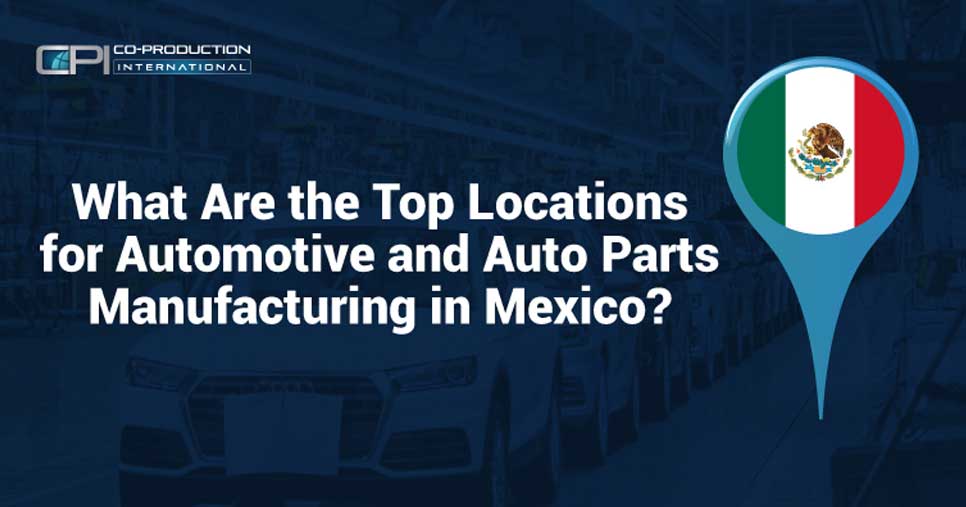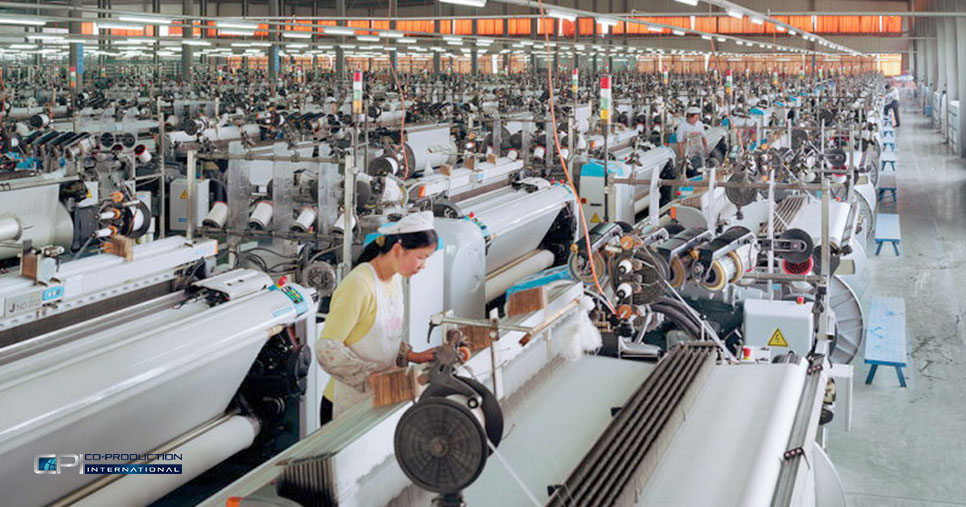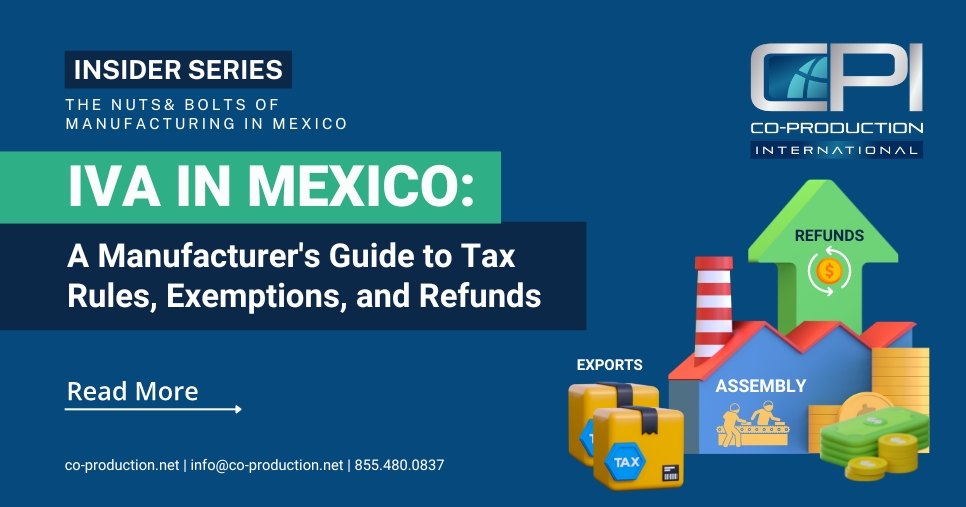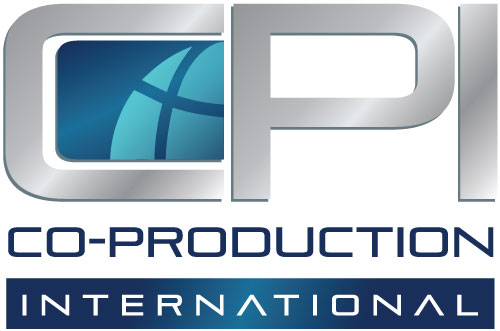I don’t think anyone likes the idea of responding to all of the various statements that Donald Trump makes, but when he says something vaguely – emphasis on vaguely – substantive on an issue, a short response might be of value.
New Ford vehicles are seen at a parking lot of the Ford factory in Sao Bernardo do Campo, Brazil, February 12. Donald Trump is right that we need companies to invest in America. But the answer is not to threaten trade wars when companies act in ways that are both profit maximizing and make consumers better off, the author writes. Paulo Whitaker/Reuters
In a recent interview with Chris Cuomo, Trump talked about trade policy, and had this to say (starting around the 7:00 mark) about Ford doing some of its manufacturing in Mexico:
Trump: … Ford is building a $2.5 billion … manufacturing plant for cars, trucks, and parts in Mexico.
Cuomo: How do you keep them?
Trump: Uh you keep them by…
Cuomo: … ‘cause the labor’s cheap that’s why they go.
Trump: For one thing, you keep them by talking to them. But I would say you keep them … if they go there, you know… they’ll make cars, and they’ll sell them to the United States no tax, no nothing. Just come right across the border. …
Cuomo: …and they say the labor’s cheaper over there.
Trump: And you know what, then we’ll say that’s fine. If the labor’s cheaper over there that’s good, but you know what, you’re gonna have to pay a tax to get those cars back in. You’re gonna have to pay a penalty. And if you put a… a penalty on, a tariff or whatever you call it …
My sense is that Trump’s conception of Ford as a company is rooted in the 1950s, or maybe even the 1920s. In his mind, Ford is owned by Americans, produces in America, and sells to Americans. In reality, though, Ford has long been a global company. Here’s something I wrote about Ford a while back in the context of a paper on international investment:
Total U.S. employment for Ford in the manufacturing sector is about 43,000, but Ford employs 123,000 people worldwide in 51 different production facilities. Ford has factories in North America, Africa, South America, Australia, Europe, and Asia. In South America (26,000 employees), production is centered in Brazil and Argentina. Within Europe (38,000 employees), production is concentrated in Belgium, Germany, Romania, and Spain. And in Asia (45,000 employees), Ford plants are located in China, India, Thailand, and Turkey.
Thus, the truth is, Ford makes (and sells) cars all around the world. And it’s not just Ford, it’s most of the major car companies. Here’s what I said about Toyota:
While there are 16 Japanese production facilities and about 70,000 Japanese employees, Toyota has overseas employment of about 166,000. It has factories in North America, Latin America, Europe, Africa, Asia, Australia, and the Middle East. Within the United States, manufacturing employment is concentrated in Kentucky, Indiana, and Texas. In Europe, manufacturing employment is in the Czech Republic, France, Turkey, and the United Kingdom. And in Asia, manufacturing is concentrated in China, Taiwan, India, Indonesia, and Thailand.
That’s how much of large-scale manufacturing works these days, and it’s good that it does, because it improves quality and lowers costs. Globalized production is more efficient in many ways, and actually helps companies like Ford stay competitive.
That’s a general point. There is also a more specific point related to how production in Mexico and the United States operate together: “A full 40% of the content in U.S. imports from Mexico is actually produced in the United States … . This means that forty cents of every dollar spent on imports from Mexico comes back to the U.S. …” So, if you are taxing “Mexican” imports, you are also taxing the substantial value added by Americans earlier in the production process. Integrated value chains such as this make life difficult for economic nationalists, but that’s the world we live in, and they are going to need to adjust.
Trump is right that we need companies to invest in America. But the answer is not to threaten trade wars when companies act in ways that are both profit maximizing and make consumers better off. Rather, the way to attract investment is, as my colleague Dan Ikenson has written, to adopt good domestic policies that investors find attractive.
By Simon Lester




.png)






